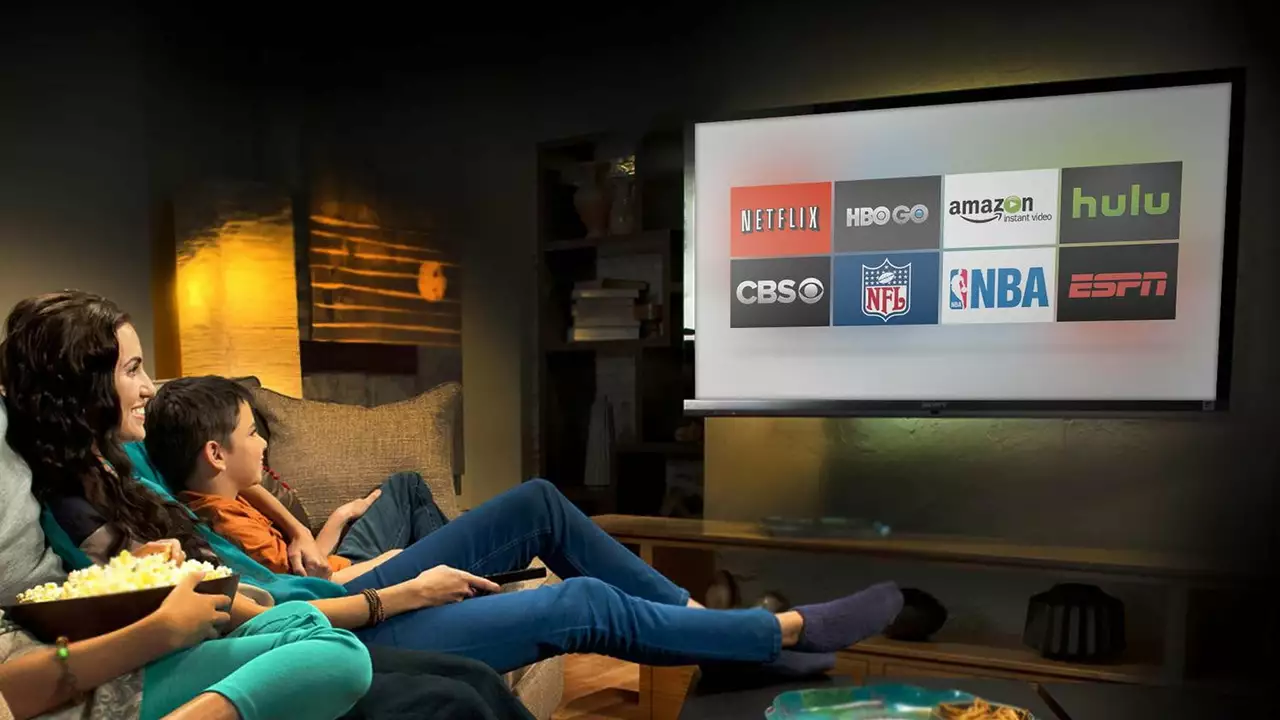Understanding the Appeal of TV Series
When it comes to entertainment, no one can deny the thrill and excitement that TV series bring into our lives. Today's television series, whether they are streamed online or watched traditionally, provide a unique kind of entertainment that allows us to delve deeper into the story, the characters, and the world that they inhabit. Unlike movies, TV series give us the time and space to invest emotionally in the characters and their stories. This extended storytelling format allows for more complex character development, intricate plot structures, and immersive world-building.
Furthermore, TV series often have the power to create a community of loyal viewers who eagerly await each new episode, discuss plot twists and character developments, and even engage in fan theories and speculations. This sense of shared anticipation and engagement is what makes TV series so addictive and hard to resist.
Why Movies Still Hold a Special Place
Despite the rising popularity of TV series, movies continue to hold a special place in the hearts of many viewers. Movies, with their compact storytelling format, have the ability to deliver powerful and memorable experiences in a shorter span of time. The beauty of movies lies in their concise narratives, where every minute counts, every scene matters, and everything wraps up within a couple of hours.
Moreover, movies often boast higher budgets, which translate into more spectacular visual effects, grander sets, and top-notch production values. And let's not forget the unique charm of watching a movie in a cinema, surrounded by fellow movie-goers sharing the same emotional journey. This collective experience is something that TV series, consumed mostly in the privacy of our homes, can't quite replicate.
Comparing the Storytelling Techniques
One of the most significant differences between TV series and movies lies in their storytelling techniques. With TV series, writers have multiple episodes, sometimes even seasons, to develop characters, explore their relationships, and unravel the plot. This often results in more layered and nuanced storytelling. On the flip side, this extended format can also lead to filler episodes or unnecessary plot lines that drag the story.
On the other hand, movies have to tell their story within a limited time frame. This need for brevity often leads to a more focused and streamlined narrative. However, it also means that movies have less room for character development and plot complexity. Each storytelling approach has its pros and cons, and your preference may depend on whether you enjoy slow-burn narratives or quick-paced storytelling.
Examining the Viewing Experience
The viewing experience is another crucial factor when comparing TV series and movies. Watching a TV series is a long-term commitment. It requires patience and attention as the story gradually unfolds over weeks, months or even years. Moreover, TV series often end episodes on cliffhangers, keeping viewers on the edge of their seats and creating a sense of anticipation for the next episode.
Movies, in contrast, offer a complete viewing experience in a single sitting. They provide a beginning, middle, and end within a couple of hours, delivering instant gratification. However, this also means that once the movie ends, so does your journey with the characters and the story, unless it's part of a movie franchise.
Exploring the Financial Aspects
When it comes to the financial aspects, there's a clear difference between TV series and movies. Producing a TV series can be a risky investment. It requires a substantial amount of money upfront, and there's no guarantee of return, especially if the series fails to attract viewers. However, a successful TV series can generate profit through advertising revenue, syndication rights, merchandise sales, and more.
Movies, on the other hand, usually have higher budgets, but they also have the potential for a larger return on investment. A successful movie can make millions, if not billions, at the box office. Plus, there are additional revenue streams like home video sales, streaming rights, product placements, and more. However, a box office flop can result in significant financial losses.
The Verdict: TV Series vs. Movies
So, are TV series better than movies? The answer is not black and white. It largely depends on individual preferences. If you enjoy deep character studies, long-term plot developments, and the excitement of waiting for the next episode, you might prefer TV series. If you prefer a contained story that provides a complete experience in one go, and value high production quality and cinematic visuals, then movies might be your choice.
At the end of the day, both TV series and movies offer unique ways to tell stories and captivate audiences. It's not about which is better, but rather about appreciating the distinct charm and appeal of each format. Whether you're a TV series enthusiast or a movie buff, there's plenty of quality content out there for you to enjoy.
